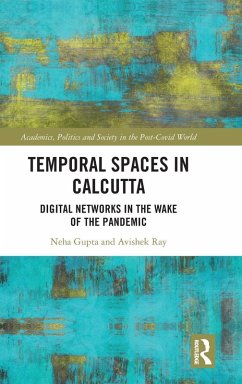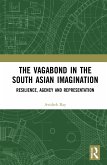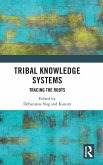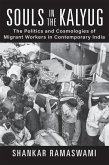This book explores how the COVID-19 pandemic has reshaped urban spatialities through the rise of digitally mediated "temporal spaces" in Calcutta. Focusing on Uber-enabled mobility, cycling pathways, and cafés, it examines how digital infrastructures and human practices intersect to create fluid, dynamic urban experiences. Challenging fixed notions of place-making, the book interrogates what it means to "return to normal" and how digitality reconfigures urban life, sociality, and imagination. By foregrounding the entanglement of digital and material realms, it offers a critical framework for understanding contemporary urban transformations in the wake of crisis and technological mediation. Part of the Academics, Politics and Society in the Post-Covid World series, this book will be useful for scholars and researchers of sociology, social anthropology, media and cultural studies, digital humanities, human geography, political sociology and postcolonial studies, and those interested in the coronavirus pandemic.
Bitte wählen Sie Ihr Anliegen aus.
Rechnungen
Retourenschein anfordern
Bestellstatus
Storno








